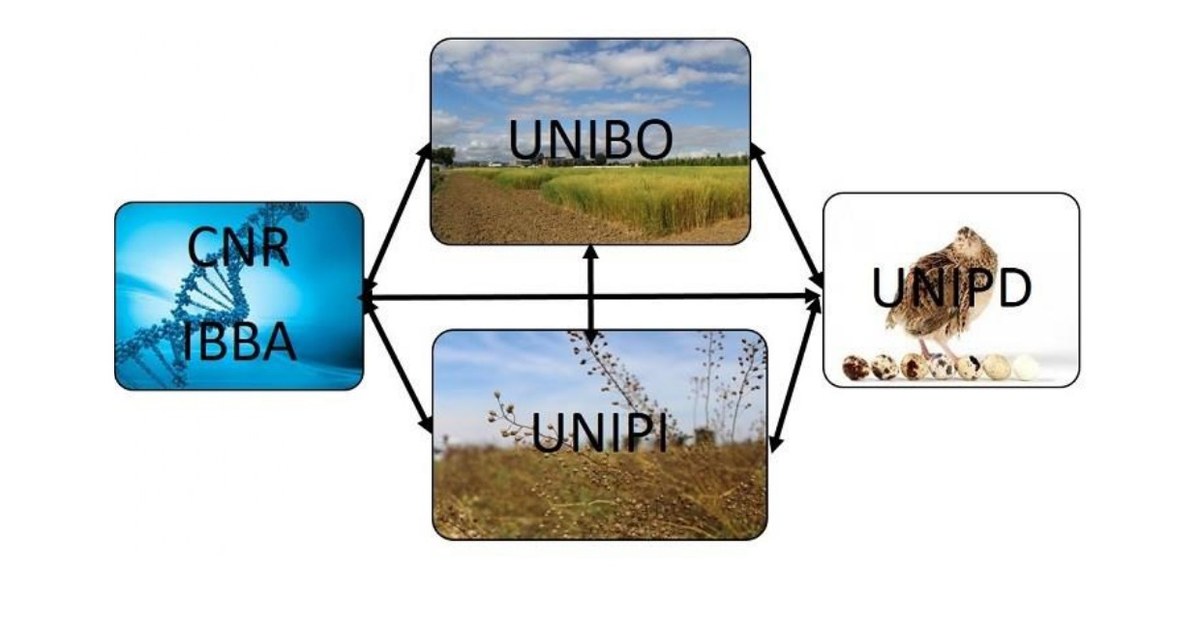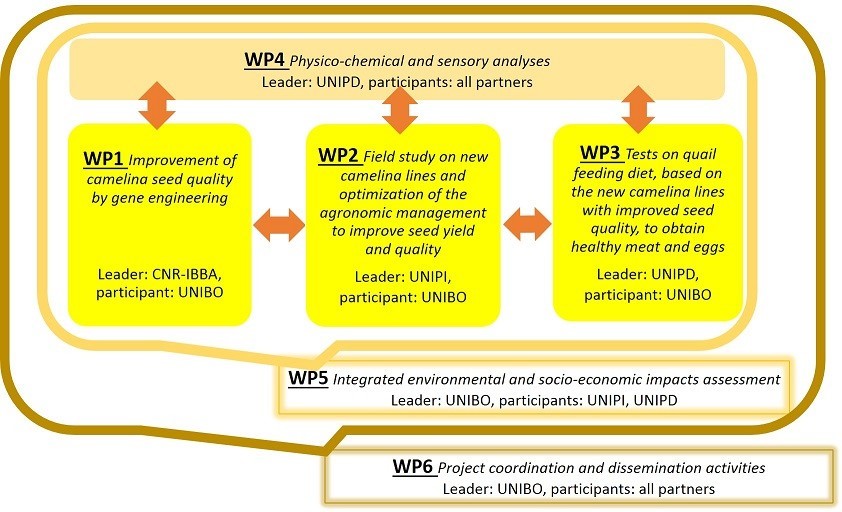
The Argento project consists of 6 interlinked work-packages, lasting 36 months. To achieve all its goals, the Argento consortium consist of 4 research units, with different and highly integrated skills/activities:
The whole Argento consortium consists of 8 outstanding researchers/experts with well-documented previous experience on the type of the activity to be conducted within the project, and this would permit an easy achievement of final Argento goals. Furthermore, in order to increase the diffusion of the knowledge arise in the Argento project 2 PhD students, 1 rtd researcher and 6 research fellows will be involved in the Argento research team.
The Argento partners will actively take care of their training and development by involving them in project meetings and by favouring contacts among the participants of the different teams. All four Argento Research Units will interact with each other through regular meetings to exchange information on the results and organise dissemination activities.
This collaboration will help to meet the goal of developing sustainable feeds for economically profitable, environmentally sound, and high health poultry products. The Argento project is part of the research activities funded by PRIN, Research Projects of Relevant National Interest 2017 , Prot. 2017LZ3CHF (MIUR).

In particular:
A part from WP leadership each partner is involved, with different roles, in different tasks.